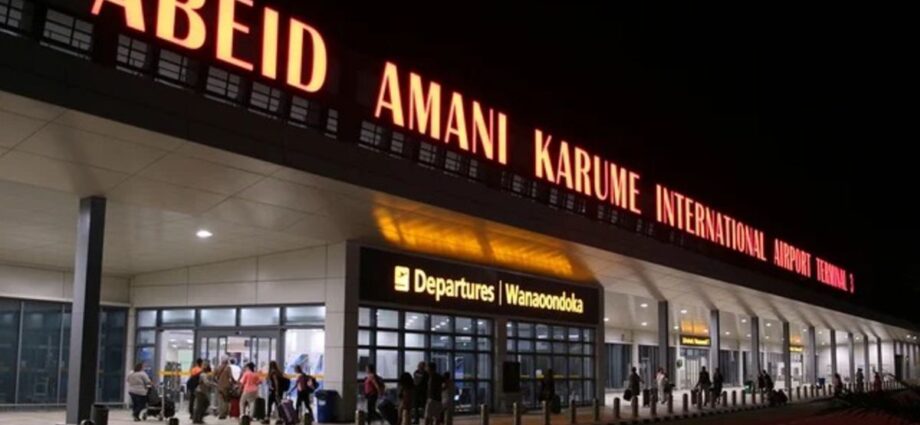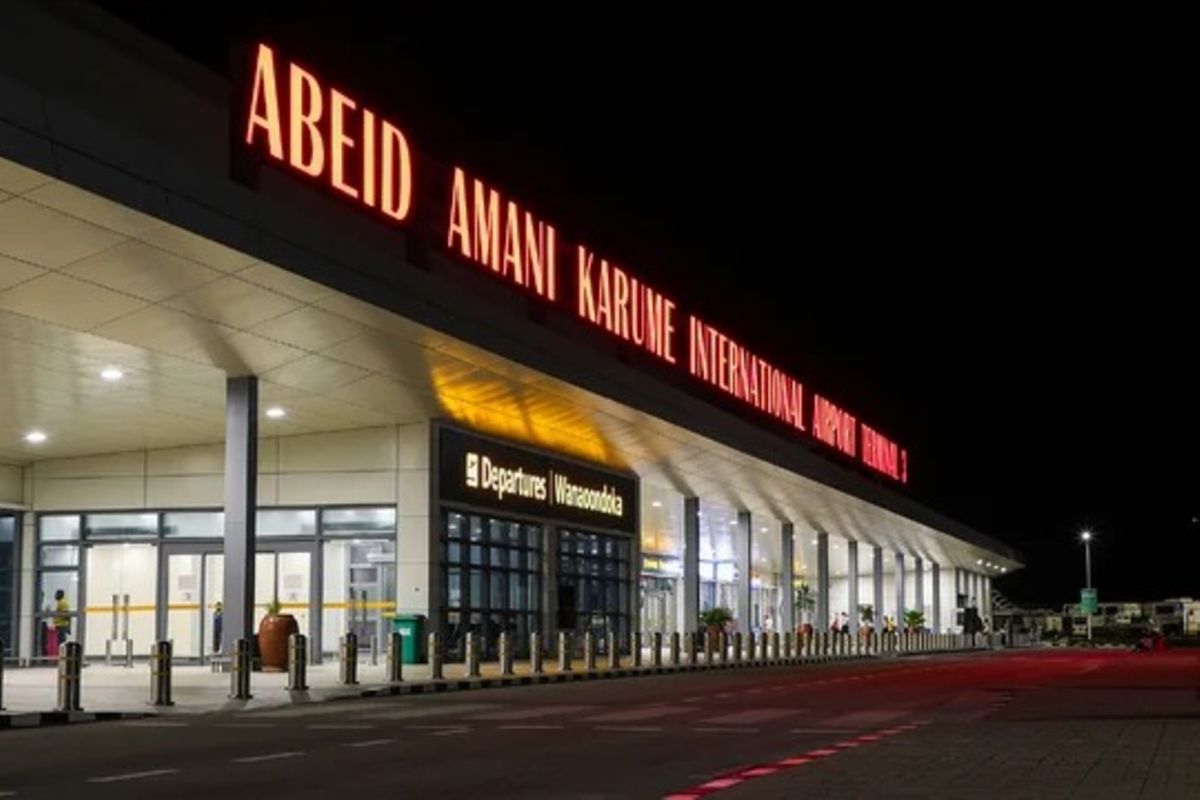Unguja. Several months after it was feared that workers for ground handling companies at the Abeid Amani Karume International Airport would lose their jobs, it has come full circle with the first batch set to go home with effect from today, February 28, The Citizen has learnt.
This comes after the Labour Commission of Zanzibar approved the retrenchment of the workers after ground handlers complied with the commission’s demands.
“The labour commissioner has given you a go ahead to ahead with the retrenchment exercise at your institution. Please make sure that all due payments are made as required by the law,” reads the letter from the commissioner Mahammed Ali Salum.
This happens at a time when the opposition ACT Wazalendo says it was about time measures were taken against what it says were massive irregularities in the handling of a tender that gave exclusive rights to Dnata Zanzibar for ground handling operations at the Abeid Amani Karume International Airport (AAKIA).
Speaking during a public rally here at the weekend, the ACT Wazalendo party leader Zitto Kabwe said it was about time the Zanzibar Economic and Anti-Corruption Authority (Zaeca) intervened to probe those who are behind the local shares in the airport firm.
“Why should the Dubai investor be contracted at the airport without competition? Why should the government allow over 200 jobs to be lost that easily?” he enquired.
He added that by picking the Dubai firm single-handedly, the government was contravening with its own procurement laws that call for competition.
Zanzibar President Hussein Mwinyi last year defended the decision to award Dubai National Air Travel Agency (Dnata) a contract to operate ground handling services at the Abeid Amani Karume International Airport Terminal 3, saying that all the due processes were followed.
Meanwhile, documents that The Citizen has seen show that several people have been shown the exit door by various ground handling companies but whose operations were subdued after Dnata was contracted.
“We were left with no choice. We had to cut our hands for the body to survive. So far we have had eight terminations after international airlines were ordered to sign with Dnata if they intend to use Terminal 3 building,” said an official of one of the ground handlers who preferred anonymity.
According to him following meetings with the Communication and Transport Workers Union of Tanzania (COTWU), they are now going to pay severance packages to those who have been affected by the exercise.
And, in another development, the Zanzibar Airports Authority (ZAA) has restricted the operations of the Zanzibar Aviation Services & Trade (ZAT), one of the ground handling companies, to terminal 2 as part of the effective implementation of the September 14, 2022, notice.
In a letter dated February 23 and signed by the acting Director General Seif Juma, the authority informed the ground handler that it was within their mandate to designate areas for the company to provide services.
“Kindly be informed, that the ZAA has designated your company to provide ground handling services at Terminal 2 only effective from March 3,unless informed otherwise by the authority,” reads part of the letter.
The letter also reminded the ground handlers that the only preferred service provider at Terminal 3 is Dnata Zanzibar as informed by the September 14 notice.
On September 14, the Zanzibar Airports Authority (ZAA) issued a directive which gave the Dubai based company exclusive access to the new terminal which was constructed at a cost of $120 million.
The order by ZAA, gave ground handling firms at the airport until December 1, 2022 to move from the newly constructed Terminal 3, instructing airlines to make arrangements to work with Dnata.
Several other steps followed the order which included the auditing of the ground handlers in October and a meeting with airlines to fast-track their transitions towards a new service provider.
Whereas the other two ground handlers were denied access to Terminal 3, Dnata on the other hand can still operate in Terminal 2 as well.















